Stress is an inevitable part of life, and our ability to adapt and cope with it is crucial for maintaining our well-being. In recent years, there has been a growing interest in understanding the neurobiology of resilience, which refers to the ability to bounce back from adversity and maintain a positive mental state despite experiencing stress.
Resilience is not a fixed trait, but rather a dynamic process that involves a complex interplay between genetic, environmental, and psychological factors. The neurobiology of resilience is a fascinating field of study that aims to unravel the underlying mechanisms that enable some individuals to thrive in the face of adversity, while others succumb to the negative effects of stress.
Researchers have discovered that the brain plays a central role in resilience. Specifically, certain regions of the brain, such as the prefrontal cortex and the hippocampus, are involved in regulating emotions, managing stress, and promoting adaptive behaviors. Additionally, the release of stress hormones, such as cortisol, can impact the brain’s structure and function, influencing an individual’s ability to cope with stress.
Understanding the neurobiology of resilience has important implications for the development of interventions and treatments aimed at enhancing individuals’ ability to adapt to stress. By identifying the neural pathways and mechanisms that underlie resilience, researchers hope to develop targeted therapies that can help individuals build resilience and improve their overall well-being.
The Impact of Stress on the Brain
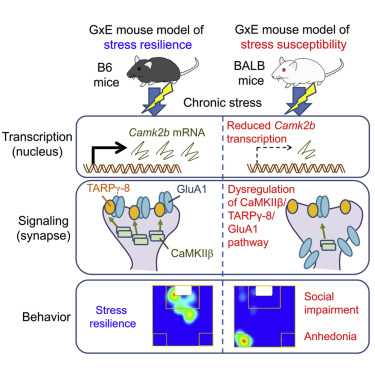
Understanding the neurobiology of resilience involves examining the impact of stress on the brain. Stress can have profound effects on the structure and function of the brain, leading to both short-term and long-term changes.
When a person experiences stress, the body’s stress response system is activated, leading to the release of stress hormones such as cortisol. These hormones can have a direct impact on the brain, affecting areas involved in memory, emotion regulation, and decision-making.
Chronic or severe stress can cause structural changes in the brain, such as a decrease in the volume of the hippocampus, a region crucial for memory formation. It can also lead to increased activity in the amygdala, which is involved in processing emotions and fear responses.
These changes can contribute to difficulties in regulating emotions, impairments in memory and learning, and an increased vulnerability to mental health disorders such as anxiety and depression.
However, the brain is also capable of adapting and recovering from the effects of stress. This is where the concept of resilience comes into play. Resilience refers to the ability to bounce back from adversity and maintain mental well-being.
Research has shown that certain factors, such as social support, positive coping strategies, and genetic factors, can promote resilience and protect the brain from the negative effects of stress. These factors can help to regulate stress hormone levels, promote neuroplasticity, and enhance the brain’s ability to adapt and recover.
Understanding the impact of stress on the brain is crucial for developing interventions and strategies to promote resilience and mental well-being. By identifying the neurobiological mechanisms underlying resilience, we can develop targeted approaches to help individuals adapt to stress and build their resilience.
| Key Points: |
|---|
| – Stress can have profound effects on the structure and function of the brain. |
| – Chronic or severe stress can cause structural changes in the brain, leading to difficulties in regulating emotions and impairments in memory and learning. |
| – Resilience refers to the ability to bounce back from adversity and maintain mental well-being. |
| – Factors such as social support, positive coping strategies, and genetic factors can promote resilience and protect the brain from the negative effects of stress. |
| – Understanding the impact of stress on the brain is crucial for developing interventions to promote resilience and mental well-being. |
The Importance of Resilience
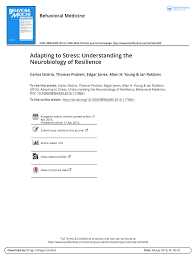
Adapting to stress is a crucial skill in today’s fast-paced world. Understanding the neurobiology of resilience can help individuals develop strategies to better cope with the challenges they face. Resilience refers to the ability to bounce back from difficult situations and maintain a sense of well-being.
Stress is a natural part of life, and everyone experiences it to some degree. However, prolonged or excessive stress can have detrimental effects on both physical and mental health. Resilience plays a key role in mitigating the negative impact of stress.
Research has shown that individuals with high levels of resilience are better equipped to handle adversity. They are more likely to maintain a positive outlook, find solutions to problems, and engage in healthy coping mechanisms. Resilience acts as a protective factor against the development of mental health issues, such as anxiety and depression.
Building resilience is a lifelong process that involves developing self-awareness, cultivating positive relationships, and practicing self-care. It requires individuals to recognize their strengths and weaknesses and develop strategies to effectively manage stress. This can include engaging in activities that promote relaxation, seeking support from loved ones, and seeking professional help when needed.
By understanding the neurobiology of resilience, individuals can gain insight into how their brains respond to stress and learn techniques to regulate their emotions and thoughts. This knowledge empowers individuals to take control of their well-being and adapt to challenging situations more effectively.
In conclusion, resilience is a vital skill for navigating the stresses of life. By understanding the neurobiology of resilience and implementing strategies to build it, individuals can enhance their ability to adapt and thrive in the face of adversity.
Neurobiological Mechanisms of Resilience
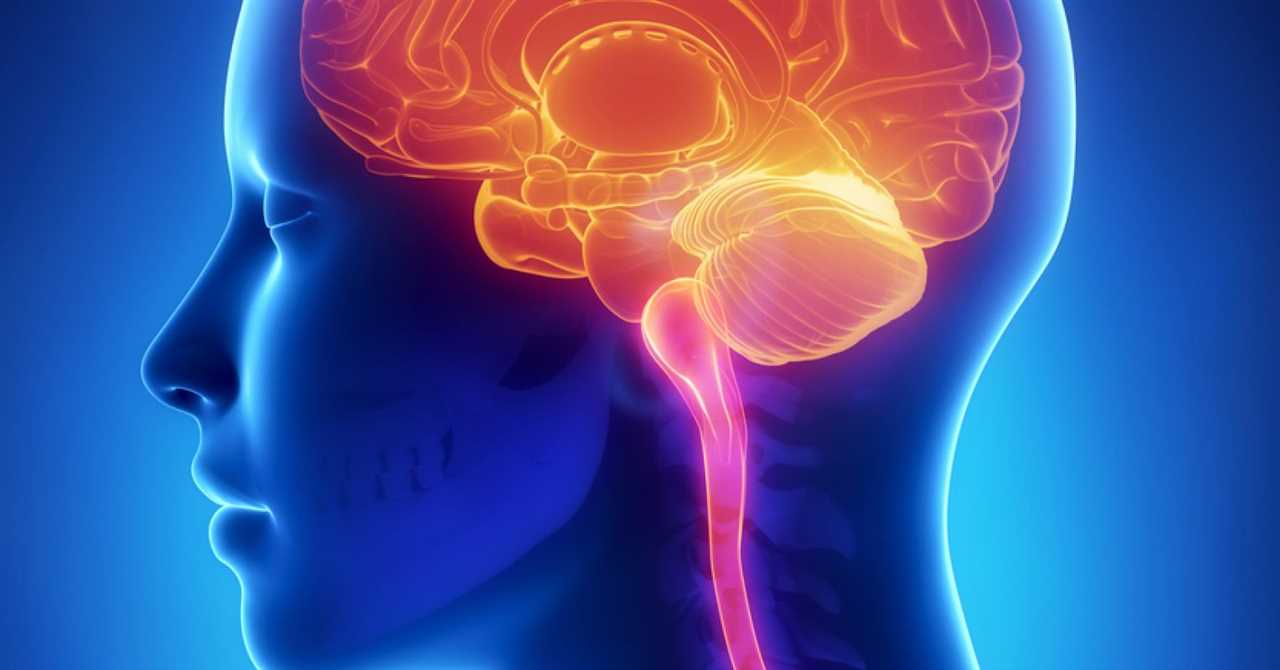
Resilience is the ability to adapt and bounce back in the face of stress. Understanding the neurobiological mechanisms that underlie resilience can provide valuable insights into how individuals can better cope with and overcome challenging situations.
Research has shown that stress can have a profound impact on the brain, affecting its structure and function. Chronic stress can lead to changes in the amygdala, hippocampus, and prefrontal cortex, regions of the brain involved in emotion regulation, memory, and decision-making. These changes can contribute to the development of mental health disorders such as depression and anxiety.
However, not everyone who experiences stress goes on to develop these disorders. Some individuals are able to maintain their mental well-being and adapt to stressors without negative consequences. This ability to bounce back is thought to be mediated by specific neurobiological mechanisms.
One such mechanism is the regulation of stress hormones. When faced with a stressor, the hypothalamus in the brain activates the release of stress hormones, including cortisol. In resilient individuals, the stress response is effectively regulated, with cortisol levels returning to baseline levels once the stressor has passed. This helps to prevent the negative effects of chronic stress on the brain.
Another mechanism of resilience involves neuroplasticity, the brain’s ability to reorganize and form new connections. Resilient individuals have been found to have greater neuroplasticity in areas of the brain involved in emotion regulation and cognitive control. This allows them to adapt and respond more effectively to stressors, reducing the risk of developing mental health disorders.
Furthermore, research has shown that social support plays a crucial role in promoting resilience. Interactions with supportive individuals can activate the release of oxytocin, a hormone associated with bonding and trust. Oxytocin has been found to enhance resilience by reducing the stress response and promoting feelings of calm and well-being.
In conclusion, resilience is a complex phenomenon that involves a combination of genetic, environmental, and neurobiological factors. Understanding the neurobiological mechanisms underlying resilience can help inform interventions and strategies to promote mental well-being and improve individuals’ ability to adapt and bounce back from stress.
Neuroplasticity: The Brain’s Ability to Adapt
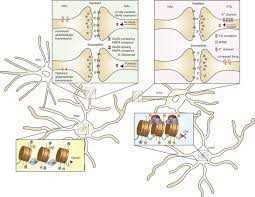
Resilience is the ability to bounce back from stressful situations and adapt to new challenges. Understanding the neurobiology of resilience can provide insights into how individuals can better cope with stress and improve their mental well-being.
One key aspect of resilience is neuroplasticity, which refers to the brain’s ability to adapt and change in response to experiences and environmental influences. Neuroplasticity allows the brain to reorganize itself and form new connections between neurons, enabling individuals to learn, grow, and recover from adversity.
Stress can have both positive and negative effects on neuroplasticity. Acute stress can enhance neuroplasticity, facilitating learning and memory formation. However, chronic stress can impair neuroplasticity and lead to negative outcomes such as anxiety, depression, and cognitive decline.
Understanding the mechanisms underlying neuroplasticity can help develop strategies to enhance resilience and mitigate the negative effects of stress. Research has shown that activities such as exercise, meditation, and cognitive training can promote neuroplasticity and improve mental well-being.
In addition to lifestyle factors, social support and positive relationships also play a crucial role in promoting neuroplasticity and resilience. Connecting with others, seeking support, and engaging in meaningful interactions can help buffer the effects of stress and foster adaptive brain changes.
Overall, neuroplasticity is a fundamental aspect of resilience and understanding its mechanisms can provide valuable insights into how individuals can adapt and thrive in the face of stress. By promoting neuroplasticity through various activities and fostering positive social connections, individuals can enhance their resilience and improve their overall well-being.
The Role of Neurotransmitters in Resilience
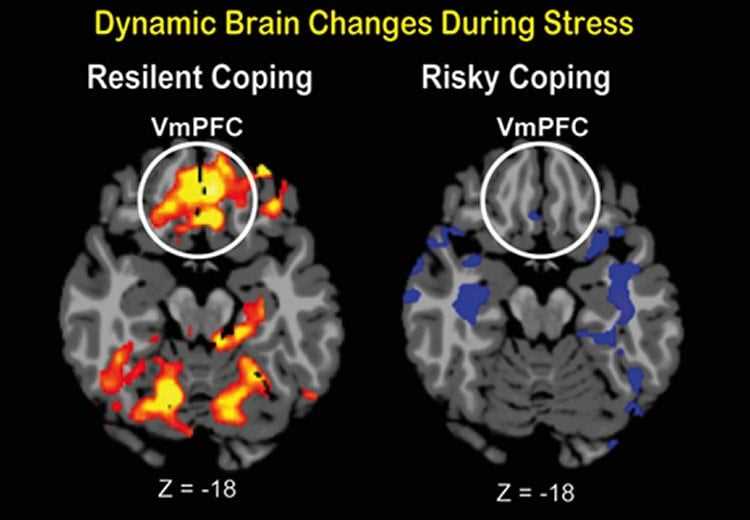
Neurotransmitters play a crucial role in the neurobiology of resilience, particularly when it comes to adapting to stress. These chemical messengers are responsible for transmitting signals between neurons in the brain, and they play a key role in regulating mood, emotions, and stress responses.
One neurotransmitter that is closely linked to resilience is serotonin. Serotonin is often referred to as the “feel-good” neurotransmitter because it helps regulate mood and promote feelings of well-being. Research has shown that individuals with higher levels of serotonin tend to exhibit greater resilience in the face of stress. This may be because serotonin helps to regulate the stress response and promote adaptive coping strategies.
Another neurotransmitter involved in resilience is dopamine. Dopamine is often associated with reward and motivation, but it also plays a role in resilience. Research has shown that individuals with higher levels of dopamine may be more resilient to stress and better able to bounce back from adversity. This may be because dopamine helps to regulate motivation and goal-directed behavior, which are important factors in building resilience.
GABA (gamma-aminobutyric acid) is another neurotransmitter that plays a role in resilience. GABA is an inhibitory neurotransmitter that helps to calm the brain and reduce anxiety. Research has shown that individuals with higher levels of GABA may be more resilient to stress and better able to regulate their emotions. This may be because GABA helps to counteract the effects of stress and promote a sense of calm and relaxation.
In conclusion, neurotransmitters play a critical role in the neurobiology of resilience. Serotonin, dopamine, and GABA are just a few examples of the neurotransmitters involved in regulating mood, emotions, and stress responses. Understanding the role of these chemical messengers can provide valuable insights into how individuals adapt to stress and build resilience.
Factors Influencing Resilience
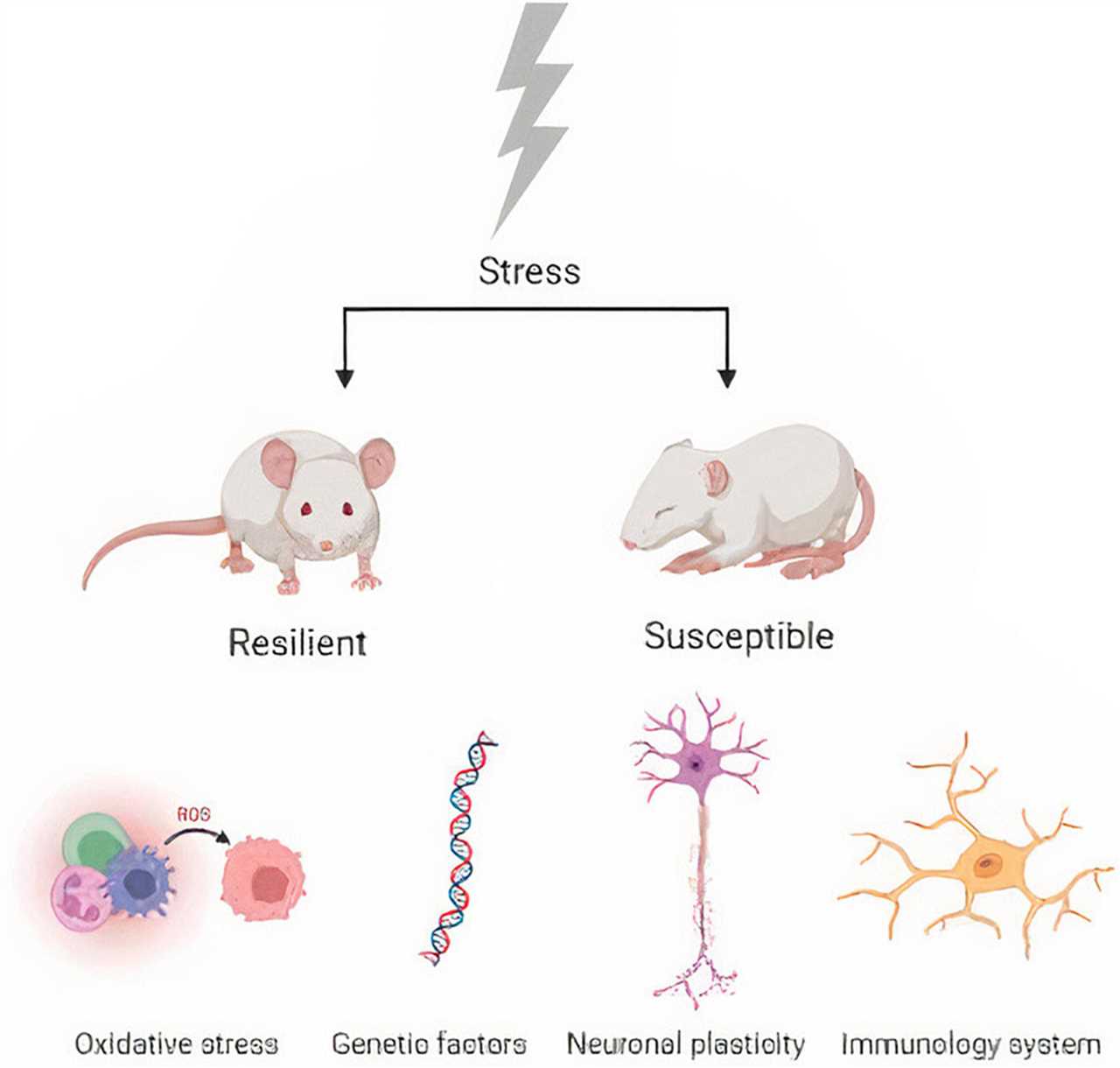
Resilience is a complex trait that is influenced by various factors in an individual’s life. Understanding these factors can provide insight into how individuals adapt to stress and develop resilience.
1. Genetics: The neurobiology of resilience suggests that genetic factors play a role in an individual’s ability to cope with stress. Certain genetic variations may make some individuals more resilient to stress, while others may be more susceptible to its negative effects.
2. Environment: The environment in which an individual grows up and lives can greatly impact their resilience. Positive and supportive environments, such as stable family relationships, strong social networks, and access to resources, can promote resilience. On the other hand, adverse environments, such as poverty, violence, and neglect, can hinder resilience.
3. Early life experiences: Early life experiences, including attachment relationships with caregivers and exposure to traumatic events, can shape an individual’s neurobiology and influence their resilience. Secure attachments and positive early life experiences can contribute to the development of adaptive stress responses and resilience.
4. Coping strategies: How individuals cope with stress and adversity can also influence their resilience. Effective coping strategies, such as problem-solving, seeking social support, and practicing self-care, can enhance resilience. In contrast, maladaptive coping strategies, such as avoidance, substance abuse, and self-destructive behaviors, can undermine resilience.
5. Mindset and beliefs: The mindset and beliefs an individual holds about themselves and their ability to overcome challenges can impact their resilience. Having a growth mindset, believing in one’s ability to learn and grow from adversity, can foster resilience. Conversely, a fixed mindset, believing that abilities are fixed and cannot be changed, may hinder resilience.
6. Self-efficacy: Self-efficacy, or an individual’s belief in their ability to successfully perform tasks and achieve goals, is closely linked to resilience. High self-efficacy can help individuals navigate stressful situations and bounce back from adversity, while low self-efficacy can undermine resilience.
7. Social support: Social support from friends, family, and communities can play a crucial role in promoting resilience. Having a strong support network can provide emotional support, practical assistance, and a sense of belonging, all of which can help individuals cope with stress and build resilience.
Overall, resilience is a multifaceted trait that is influenced by a combination of genetic, environmental, and psychological factors. Understanding these factors can help individuals and communities develop strategies to enhance resilience and better adapt to stress.
Genetic Factors and Resilience
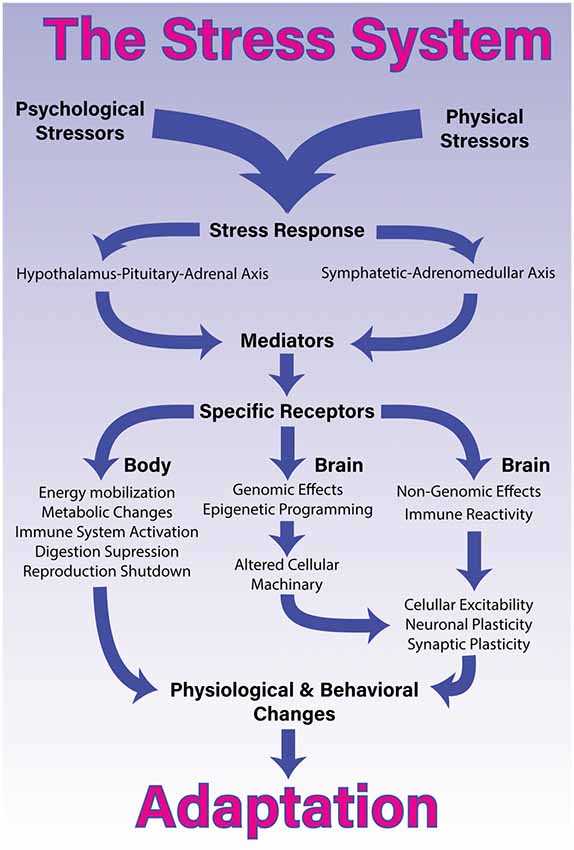
Adapting to stress and understanding the neurobiology of resilience is a complex process that involves a combination of genetic and environmental factors. Genetic factors play a crucial role in determining an individual’s ability to cope with and bounce back from adversity.
Research has shown that certain genetic variations can influence how individuals respond to stress and adversity. These genetic variations can affect the functioning of key neurotransmitters, such as serotonin and dopamine, which play a role in regulating mood and stress response.
For example, studies have found that individuals with certain genetic variations in the serotonin transporter gene are more resilient to stress and are less likely to develop stress-related disorders, such as depression and anxiety. These genetic variations may alter the expression of the serotonin transporter protein, leading to differences in serotonin signaling and stress reactivity.
In addition to neurotransmitter systems, genetic factors can also influence the development and functioning of the hypothalamic-pituitary-adrenal (HPA) axis, which is a key component of the body’s stress response system. Variations in genes encoding for HPA axis components, such as the glucocorticoid receptor gene, can affect the sensitivity and regulation of the stress response.
It is important to note that while genetic factors can predispose individuals to be more resilient or vulnerable to stress, they do not determine an individual’s fate. Environmental factors, such as early life experiences, social support, and access to resources, also play a critical role in shaping an individual’s resilience.
Understanding the genetic factors that contribute to resilience can provide valuable insights into the biological mechanisms underlying resilience and may help inform the development of interventions and treatments for stress-related disorders.
In conclusion, genetic factors are an important piece of the puzzle when it comes to understanding resilience. By studying the genetic variations that influence an individual’s ability to adapt to stress, researchers can gain a deeper understanding of the neurobiology of resilience and potentially develop new strategies to promote resilience and well-being.
Environmental Factors and Resilience

Understanding the neurobiology of resilience involves examining the impact of environmental factors on an individual’s ability to adapt and overcome stress. Environmental factors play a crucial role in shaping an individual’s resilience, as they can either enhance or hinder their ability to cope with adversity.
Research has shown that a supportive and nurturing environment can promote resilience by providing individuals with the necessary resources and support systems to navigate through challenging situations. This can include access to quality healthcare, education, stable housing, and social support networks.
On the other hand, adverse environmental factors, such as poverty, violence, and social isolation, can significantly impact an individual’s resilience. These factors can create chronic stress and limit access to resources, making it more difficult for individuals to adapt and overcome adversity.
Additionally, early life experiences and exposure to trauma can have long-lasting effects on an individual’s neurobiology and resilience. Adverse childhood experiences, such as abuse or neglect, can alter brain development and increase vulnerability to stress later in life.
Understanding the role of environmental factors in resilience is crucial for developing interventions and strategies to promote resilience in individuals facing adversity. By creating supportive environments and addressing the social determinants of health, we can enhance an individual’s ability to adapt and thrive in the face of stress.
Psychological Factors and Resilience
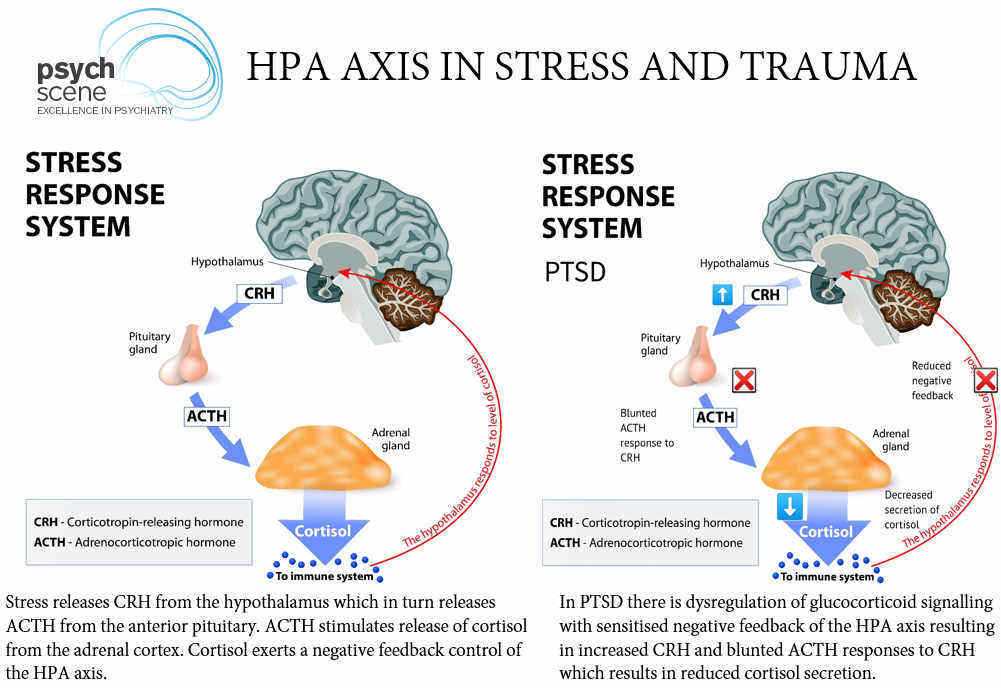
Understanding the psychological factors that contribute to resilience is crucial in adapting to stress and building neurobiological resilience. Resilience refers to an individual’s ability to bounce back from adversity and maintain positive mental health.
One important psychological factor that influences resilience is cognitive flexibility. This refers to the ability to adapt and change one’s thinking patterns in response to stress. Individuals with high cognitive flexibility are better able to reframe negative experiences and find positive meaning in challenging situations.
Another psychological factor that plays a role in resilience is emotional regulation. This refers to the ability to manage and regulate one’s emotions in a healthy and adaptive manner. Individuals who can effectively regulate their emotions are better equipped to cope with stress and bounce back from setbacks.
Self-efficacy, or one’s belief in their own ability to overcome challenges, is also a psychological factor that contributes to resilience. Individuals with high self-efficacy have a greater sense of control over their lives and are more likely to persevere in the face of adversity.
Furthermore, social support is a crucial psychological factor in resilience. Having a strong support network of family, friends, and community members can provide emotional support, practical assistance, and a sense of belonging, all of which contribute to resilience.
In conclusion, understanding and harnessing psychological factors such as cognitive flexibility, emotional regulation, self-efficacy, and social support are essential in building resilience. These factors play a significant role in adapting to stress and maintaining positive mental health in the face of adversity.

I am Patrina de Silva, a psychologist and mental health blogger in Sri Lanka. After obtaining psychology degrees from the University of Colombo and Monash University, I returned home to work as a counselor while also starting the popular blog “Pressy but Happy” to provide advice on psychological issues. Over the past decade, my empathetic articles have made my blog a leading mental health resource in the country. In addition to writing, I maintain a private therapy practice, frequently volunteer counseling time, and conduct seminars, driven by my passion for destigmatizing mental illness and educating the public on the mind-body connection. I strive to be an influential voice in my field through my compassionate approach.
